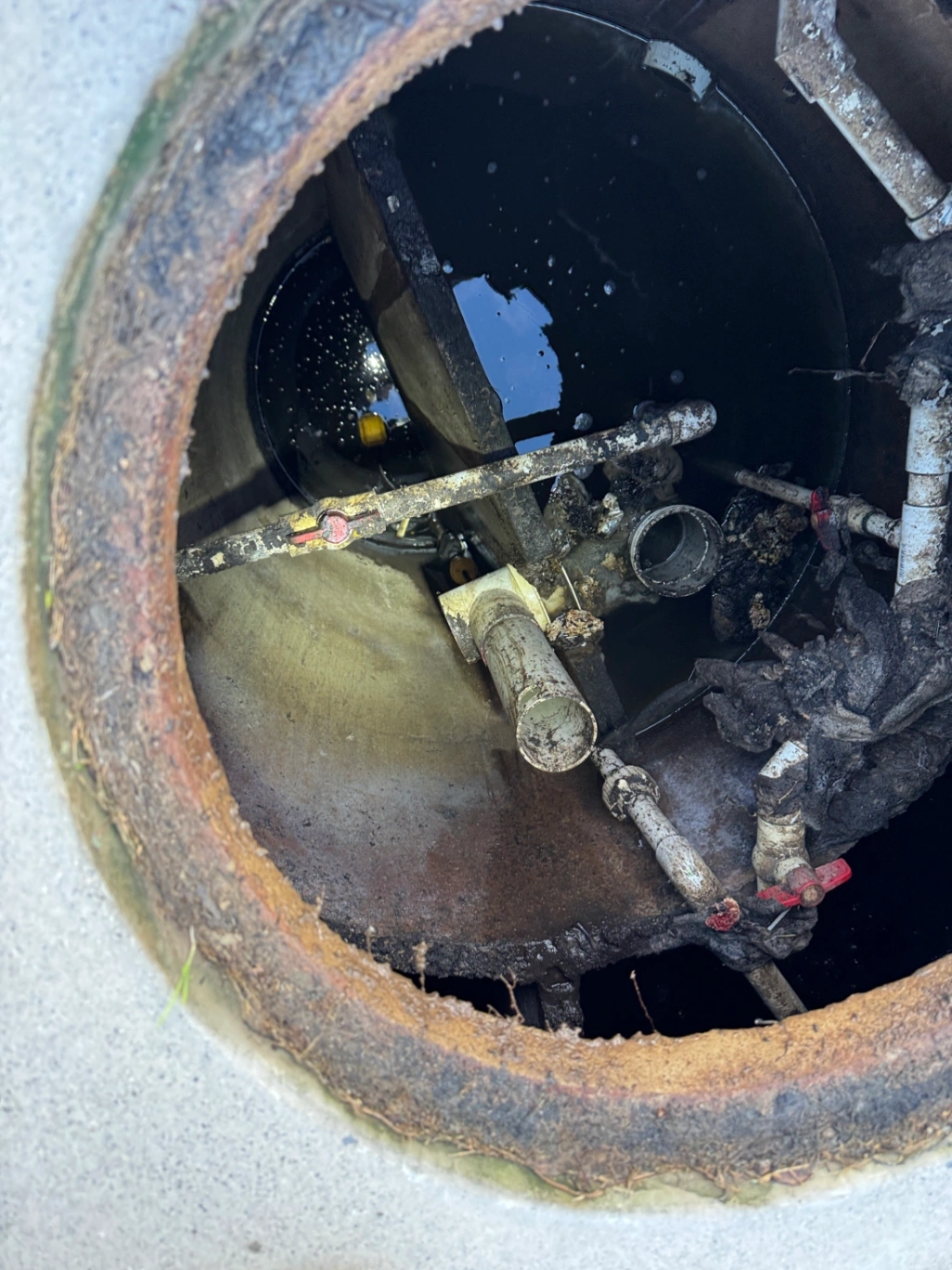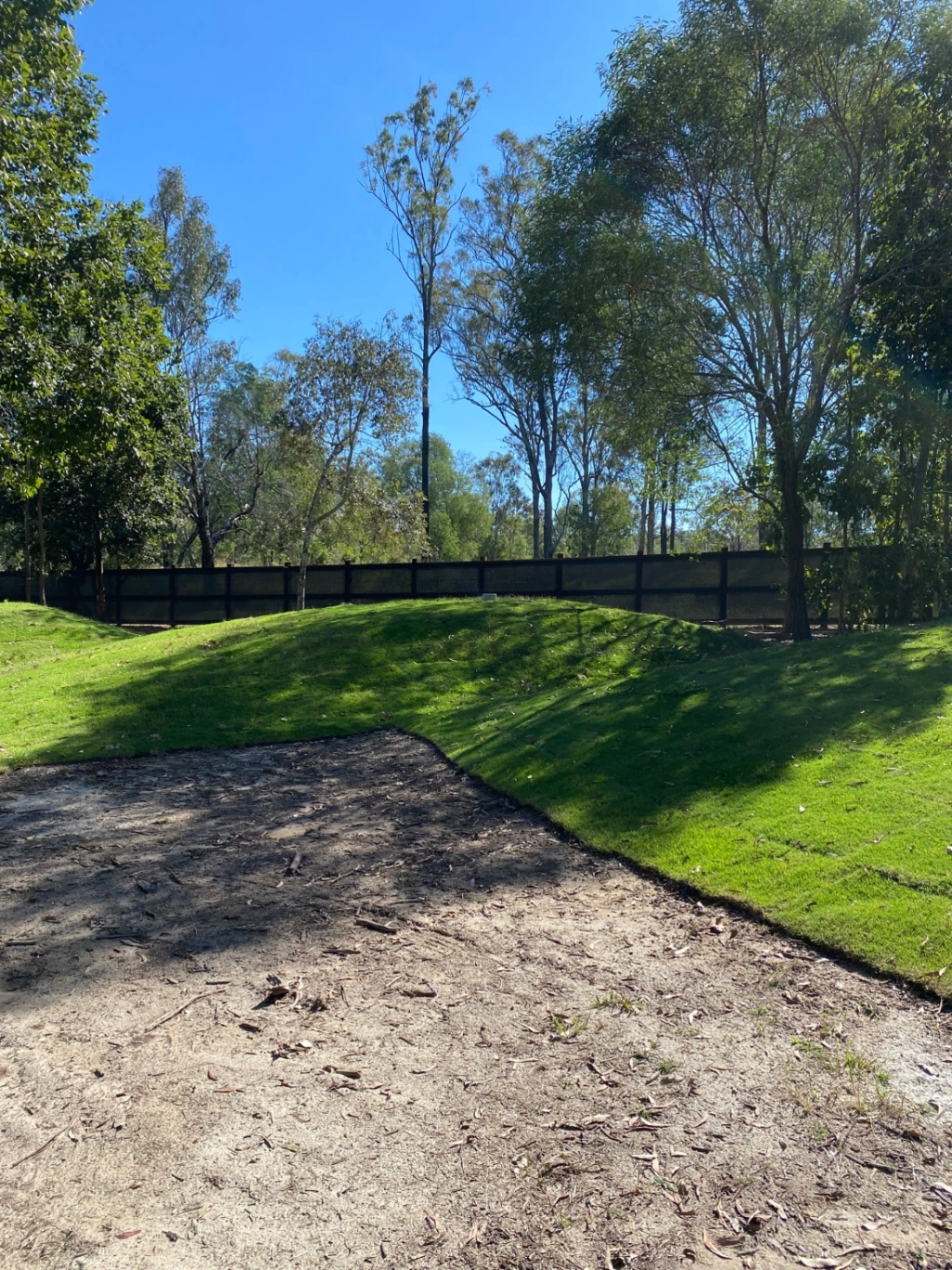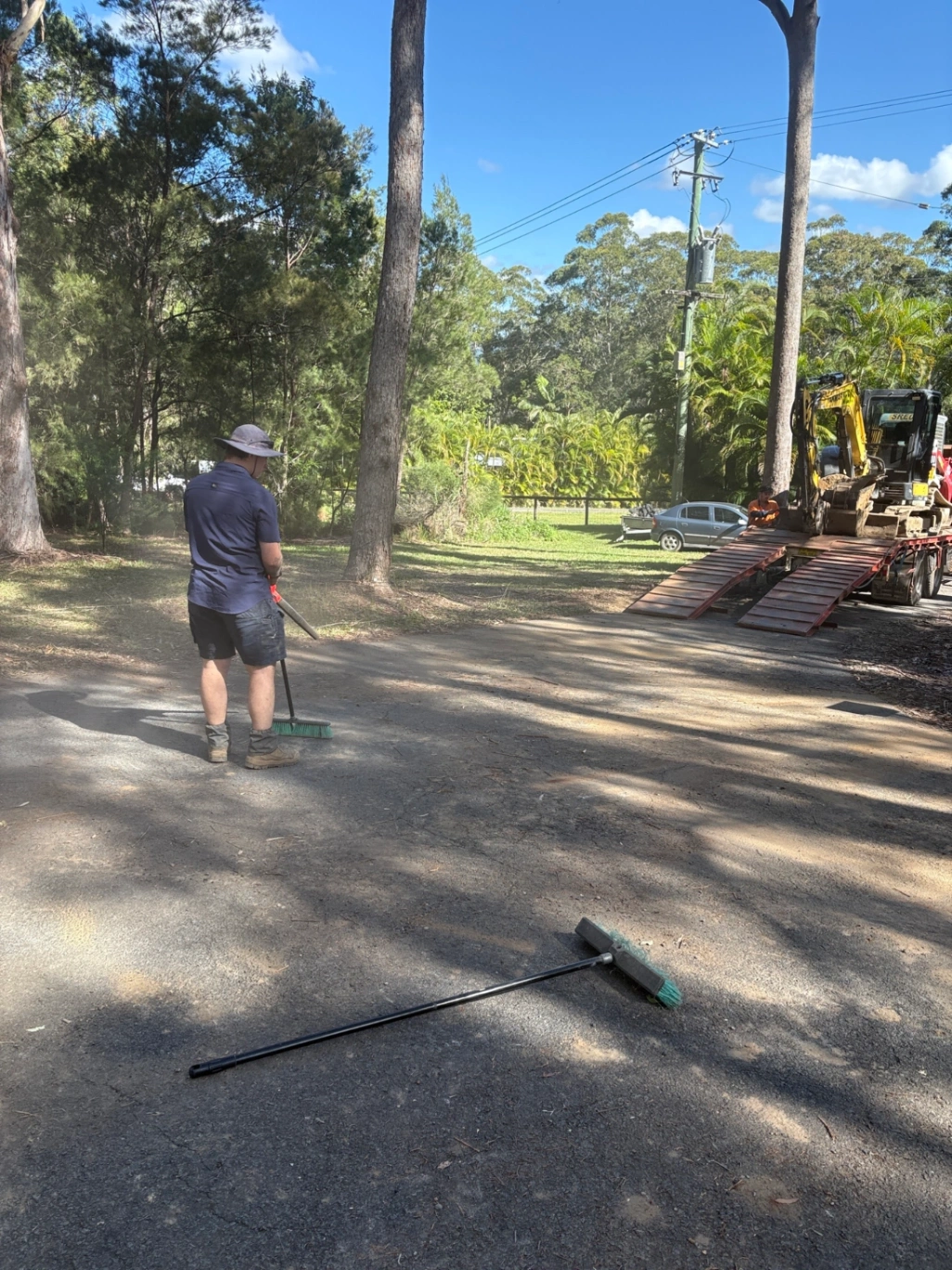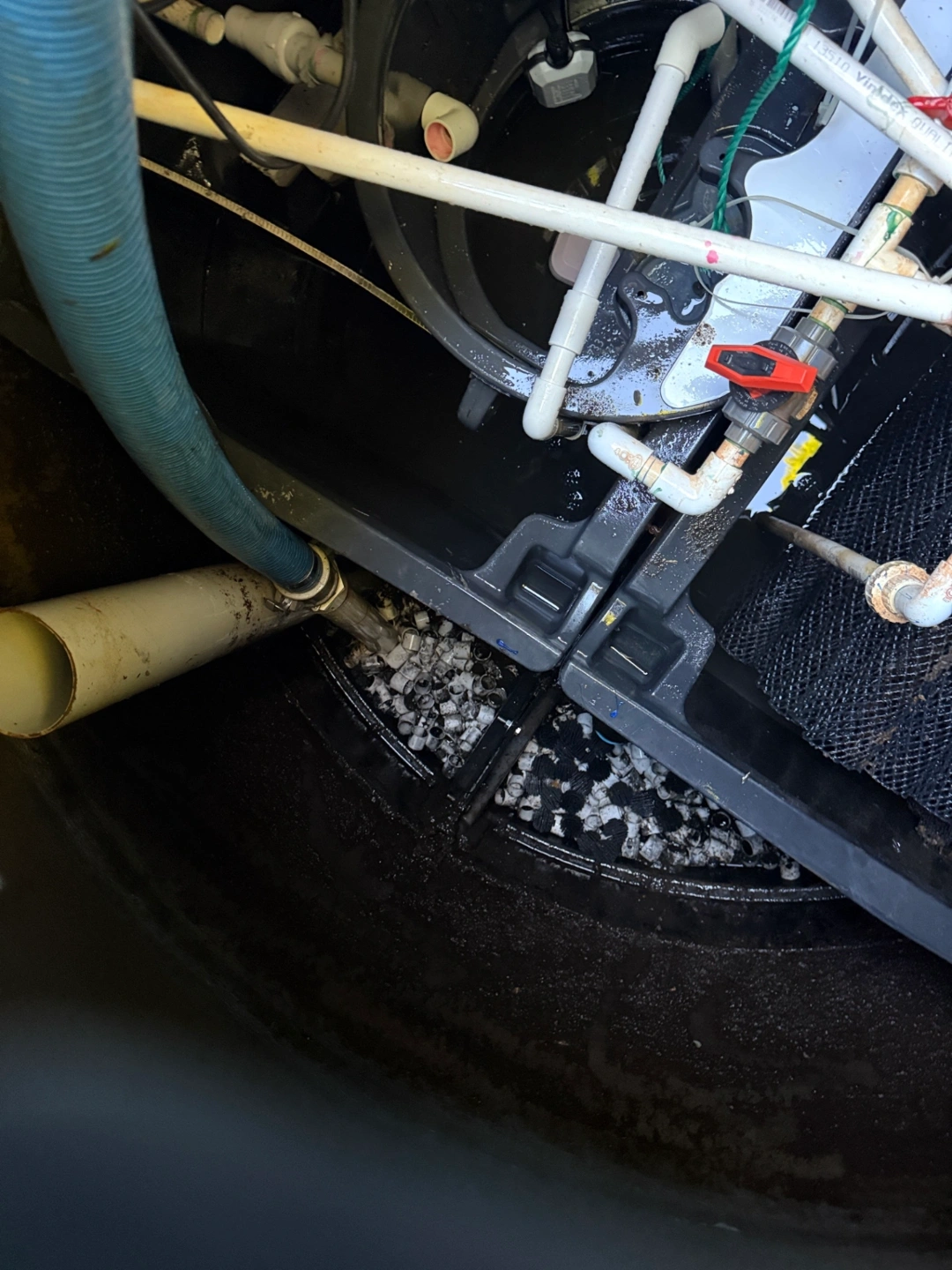Septic Tank Installation
Call us at 1300 770 594 or fill out our online booking form to get in touch.
Your local septic tank installation specialist
When it comes to septic tank installation, our Express Wastewater septic tank installation experts are experienced installers to help get your new septic tank installed efficiently and in compliance with your local council regulations that need to be adhered to when installing a septic system.
Installing a top quality septic tank system in your home ensures that any waste materials are properly disposed of and the environment remains protected. We provide a comprehensive supply and installation service as this greatly simplifies the process and you can rest assured knowing our experts are taking care of it all.
Contact Express Wastewater Solutions for more information about our septic system services or if you would like to schedule a septic installation quote appointment with one of our experienced wastewater specialists.
Book Septic Tank Installation Quote
Call us at 1300 770 594 or fill out the form and we will get in touch with you as soon as possible.
Septic Tank Installation
Knowing how septic tank systems work and how to correctly install septic tanks to adhere to your local council's regulations can be headache-inducing. Fear not, however, our expert septic tank installers will help manage the entire septic tank installation process, ensuring compliance with all relevant regulations.
Additionally, our wastewater experts will offer advice and solutions to meet the septic tank requirements of your property. Don't risk attempting to install a septic tank on your own; hire the best septic tank installers to ensure that the job is completed quickly and efficiently.
Find out more about the septic tank installation requirements.
We pride ourselves on offering competitive pricing without compromising on quality and we always provide a first class service!
What is a septic tank?
The standard septic tank consists of a large structure made from concrete, plastic or fibreglass made up of 2 chambers. The wastewater from your house flows into the first chamber and out through a series of pipes into the second chamber.
To find our more about the comparisons between septic tank types, read our information page: Is a Plastic Septic Tank Better Than Concrete
The standard septic tank serves as a primary treatment process for wastewater, functioning by separating solid waste from liquids and allowing the solids to settle at the bottom while the liquid waste water flows out below ground via a soil absorption trench.
Do You Need Maintenance for a Septic Tank System?
Proper maintenance is crucial for ensuring the long-term functionality and efficiency of a septic tank system. Standard septic tanks require regular maintenance to prevent issues and costly repairs. Here are the suggested maintenance requirements for a septic tank system:
- Pumping: Regular pumping is necessary to remove accumulated sludge and scum from the tank. On average, a standard septic tank should be pumped every 2 to 5 years, although frequency may vary depending on household size and water usage.
- Inspections: Periodic inspections of the tank and drainfield are essential to identify any signs of damage, leaks, or clogs. Professionals can assess the system's condition and recommend necessary repairs or maintenance actions.
In addition to these specific maintenance tasks, it is crucial to follow good septic system practices, such as conserving water, avoiding excessive use of household chemicals, and properly disposing of waste materials. Regular maintenance and responsible usage will help prolong the lifespan of your septic tank system.
Can I install my own septic tank?
Although there are DIY guides and videos related to the installation of a septic tank, we strongly recommend that you do not complete this task yourself.
There are many factors to consider when installing a septic tank which you might not be aware of, so it is best to take the help of professionals.

Trusted and Reliable Septic Tank Installers
Express Wastewater Solutions supply and install a range of septic tank systems suitable for properties both large and small. Contact our friendly team on 1300 770 594 or complete our septic tank system enquiry.
Frequently Asked Questions About Septic Tank Installation
Septic Systems



